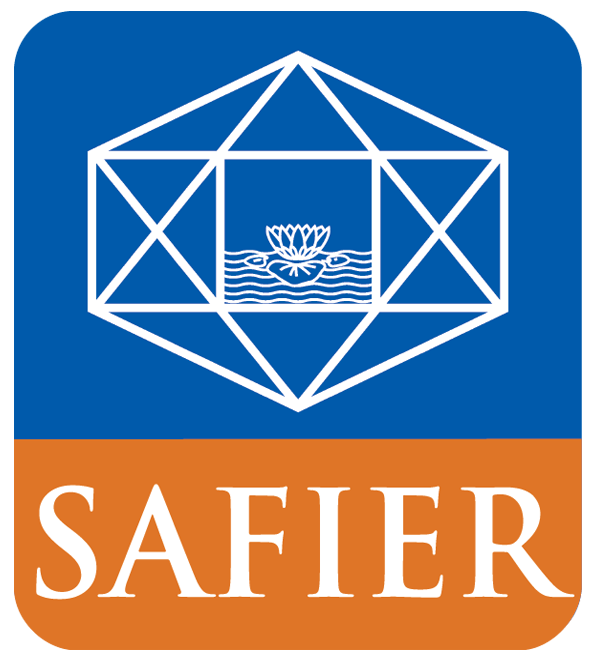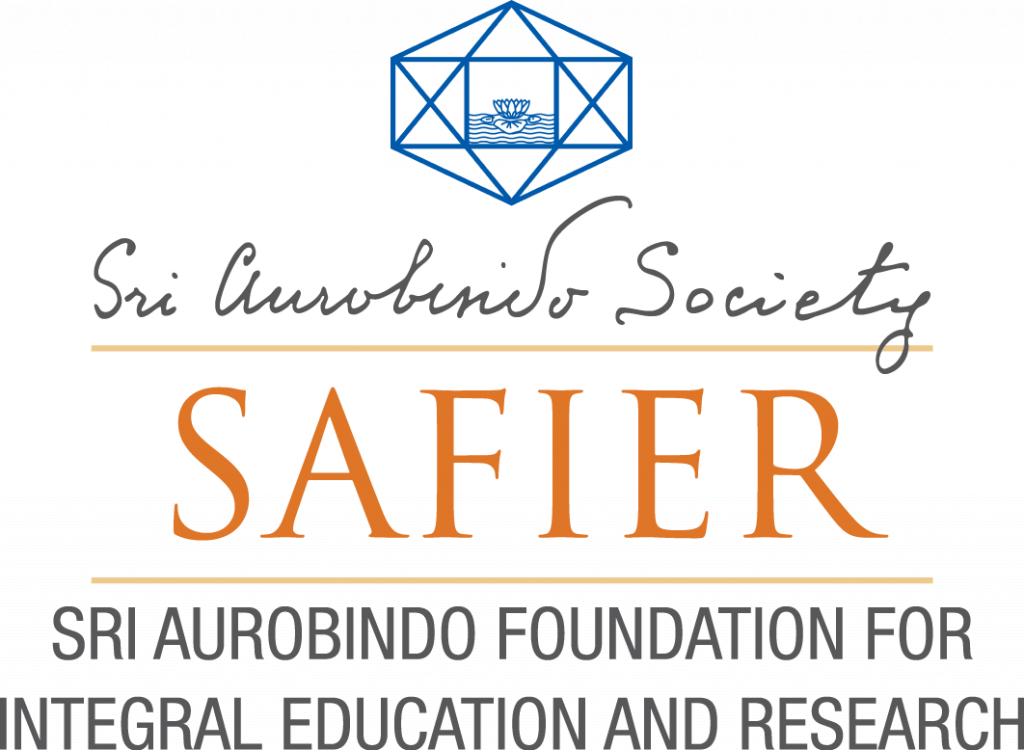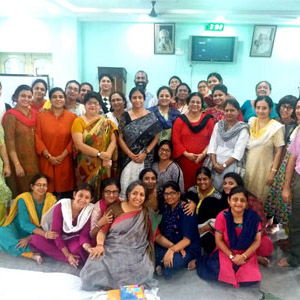Introduction to Integral Education
What is Integral Education?
Integral Education is an approach to growth and development pioneered by the poet, yogi, and seer Sri Aurobindo and his spiritual collaborator the Mother. This paradigm is universal and can be applied to all contexts and cultures, and takes into account everyone from children to independently learning adults.
“We have travelled to another conception of the child as a soul with a being, a nature and capacities of his own who must be helped to find them, to find himself, to grow into their maturity, into a fullness of physical and vital energy and the utmost breadth, depth, and height of his emotional, his intellectual and his spiritual being.”
– Sri Aurobindo

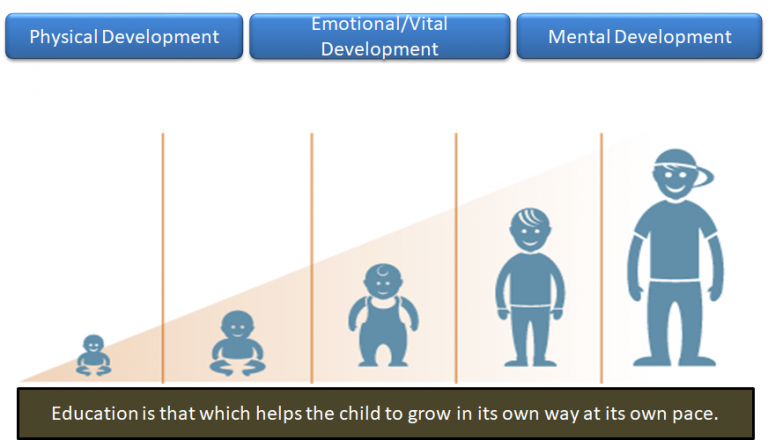
An ‘Integral’ (Purna) Education works to develop all parts of the being:
- Physical – a strong, supple, healthy body that expresses beauty
- Vital – refined senses, emotional intelligence, and a strong character
- Mental – a keen, subtle, quiet mind which can concentrate and organise
- Psychic – a blossoming of the soul
The overall direction of the journey along with the integration and harmony of the different parts is provided by the inner guide (the Psychic being) which knows the unique nature and potential of the child better than any one-size-fits-all curriculum. By helping children develop each part of their being to its perfection, we can support them in manifesting their inner potential fully.
How does it work?
“The business of both parent and teacher is to enable and to help the child to educate himself, to develop his own intellectual, moral, aesthetic and practical capacities and to grow freely as an organic being, not to be kneaded and pressured into form like an inert plastic material.”
– Sri Aurobindo
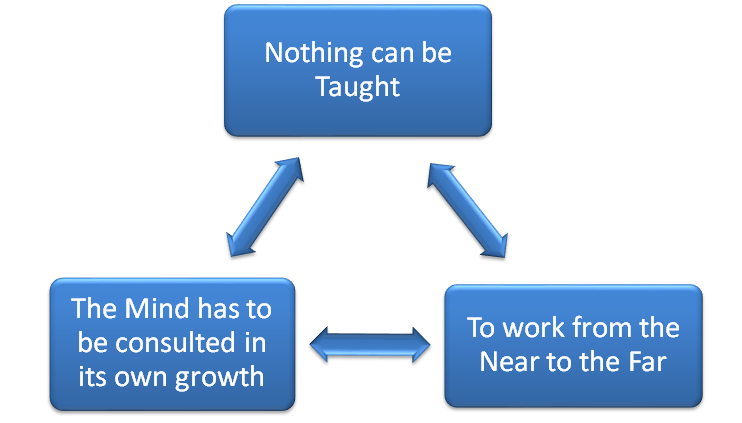
There are 3 fundamental principles of true teaching:
- Nothing can be taught: An integral educator teaches first and foremost by their example and presence, and by creating a physical and psychological environment that is loving, beautiful, and harmonious. Rather than imparting knowledge, the teacher shows the students how to acquire knowledge for themselves.
- The mind must be consulted in its own growth: At every step, the nature of the child is consulted, instead of the goal and process being prearranged by the parent or teacher.
- Work from the near to the far: The learning process starts from where the child is, their present context, allowing for a free and natural growth, which is the condition of genuine development.
To learn more, visit our Integral Education Resources.
